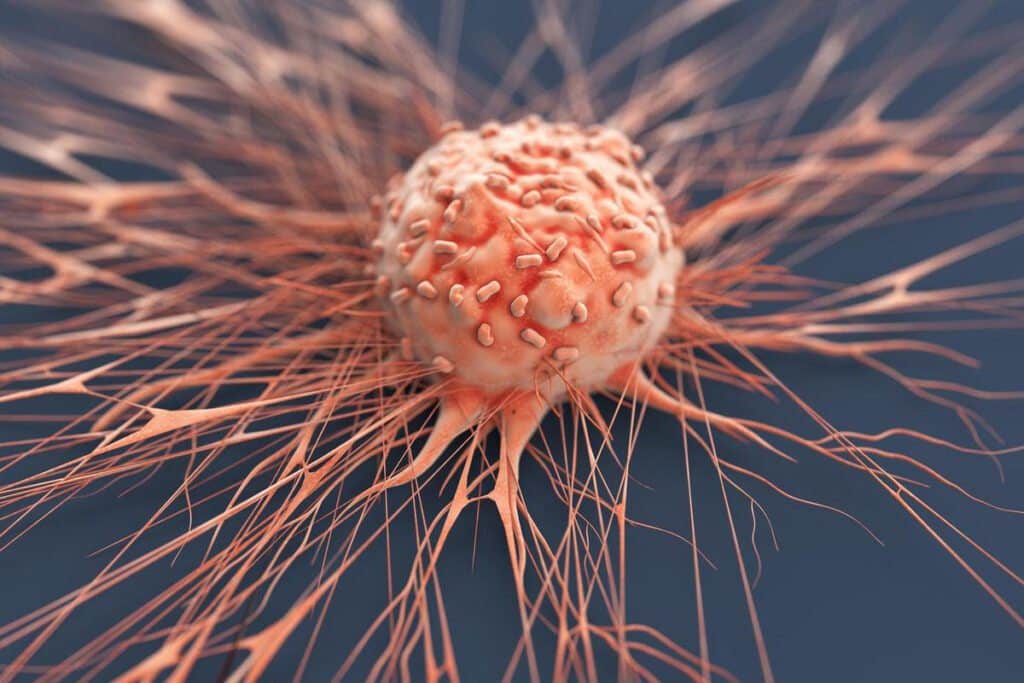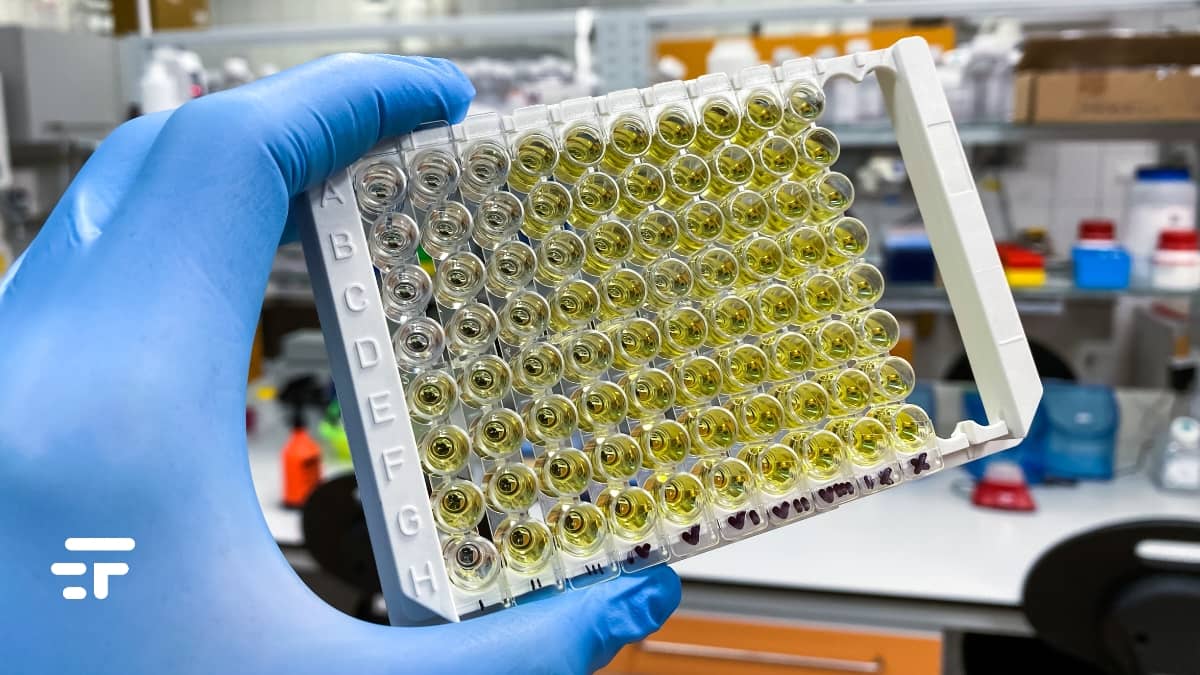There is a device in development that could become a valuable weapon in the fight against cancer. This is a special immunosensor capable of detecting the so-called vascular endothelial growth factor (VEGF), a protein that promotes the formation of new blood vessels and which can indicate cancer if present in excessive amounts in the blood.
The combination of nanotechnology and immunoassay is leading to the development of next generation techniques that will allow us to identify biomarkers quickly and accurately, simplifying the early diagnosis of cancer. These new techniques promise to be fast and convenient, making it possible to carry out tests directly on site, without having to wait long waiting times.
How does this immunosensor work?
The new immunosensor developed by Professor Devasish Chowdhury and her PhD student Ankita Deb at the Institute of Advanced Study in Science and Technology (IASST) in Guwahati, India, is based on quantum dots of biogenic carbon, a new class of carbon nanomaterials.
These carbon “quantum dots” are tiny particles that can emit fluorescent light when excited by an energy source.
In summary, the sensor uses quantum dot fluorescence to detect the biomarker VEGF and determine its concentration in blood.

possible developments
There are many, and not just in the oncology field. The immunosensor could also be used for the early diagnosis (and to monitor treatments) of cardiovascular diseases: they often have high levels of specific biomarkers such as VEGF.
In other sectors, such as the environment and agriculture, it could be used for the detection of contaminants or the diagnosis of plant diseases.
In summary, the biogenic carbon quantum dot-based immunosensor represents a truly promising technology. It remains to be seen how it will be developed and used in the future, but it could undoubtedly bring significant benefits in the field of health and medicine.
I'll link you here the research abstract.


